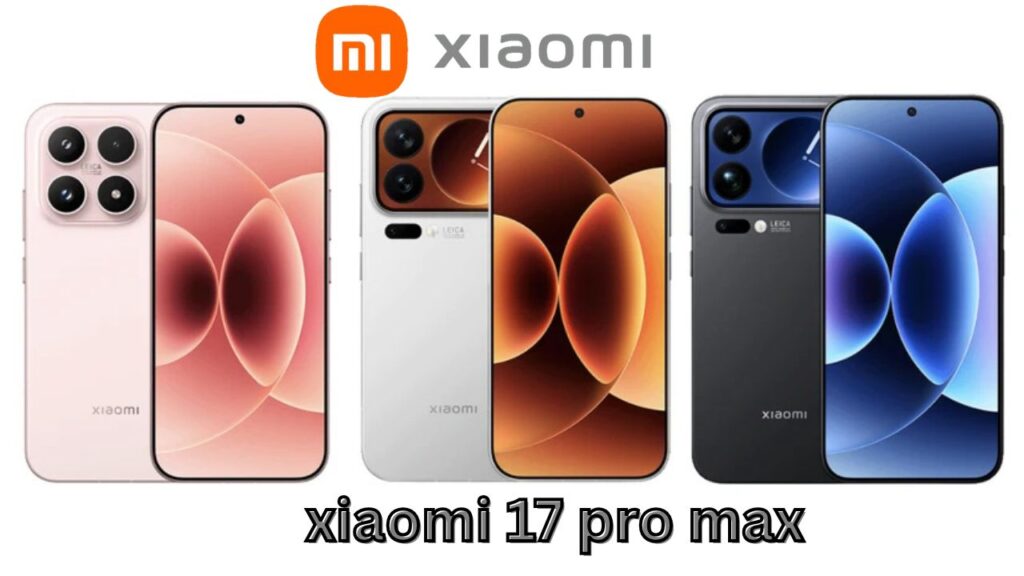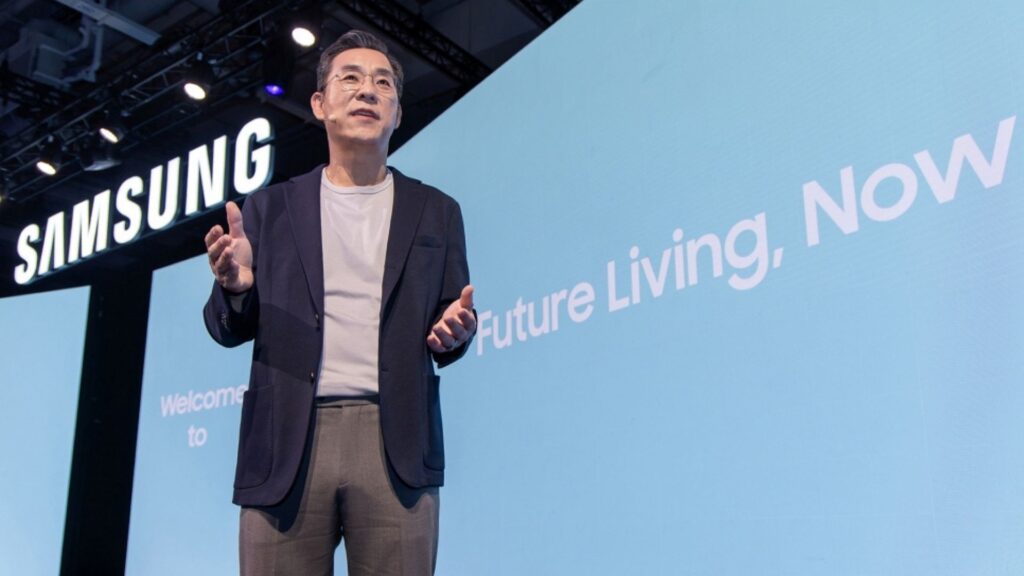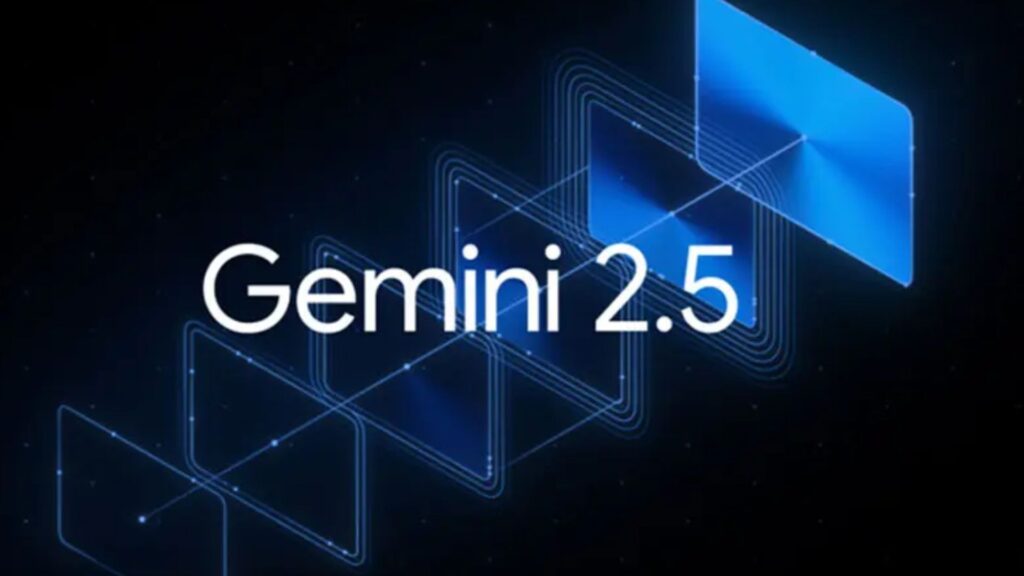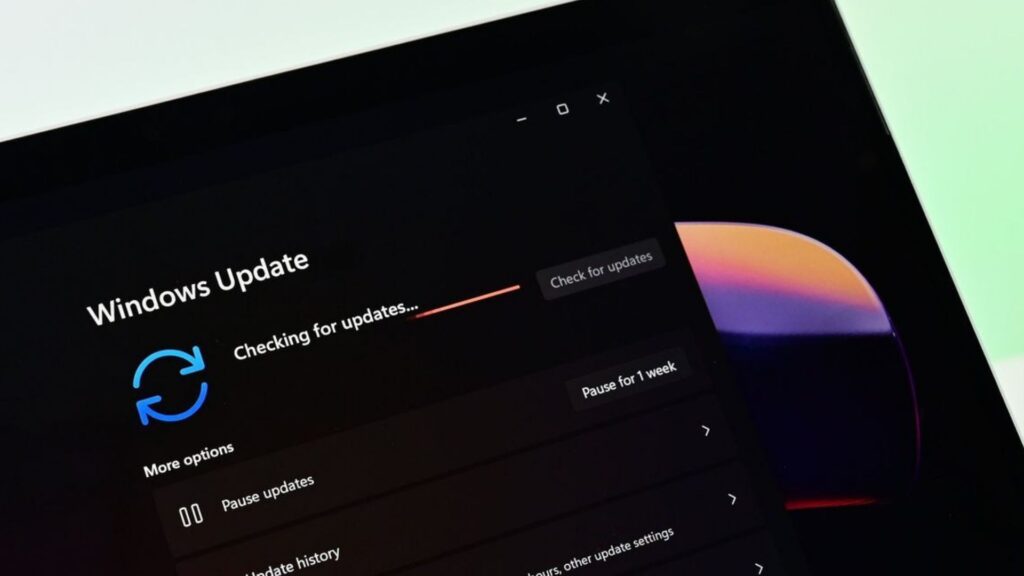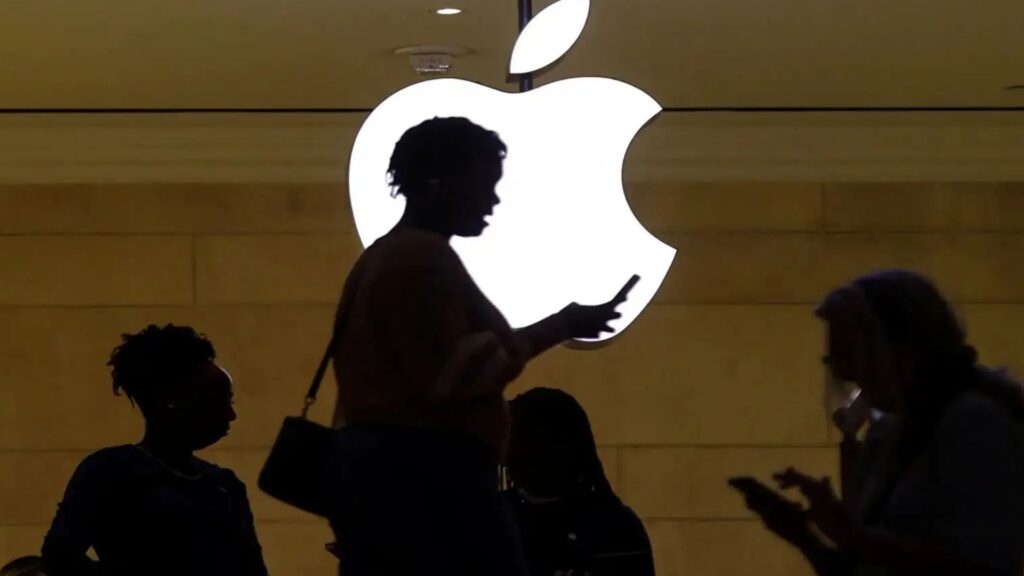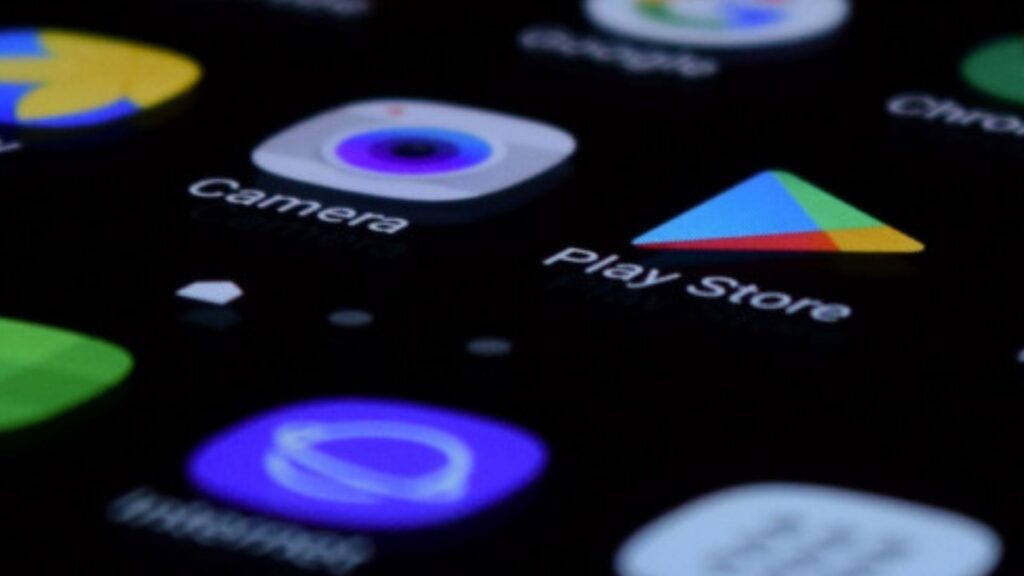Since its launch nearly two decades ago, Android has stood apart from Apple’s iOS by offering openness and flexibility. One of the most notable features was the ability to sideload apps installing them from outside Google’s official store. While this freedom appealed to developers and power users, it also made Android more vulnerable to malware.
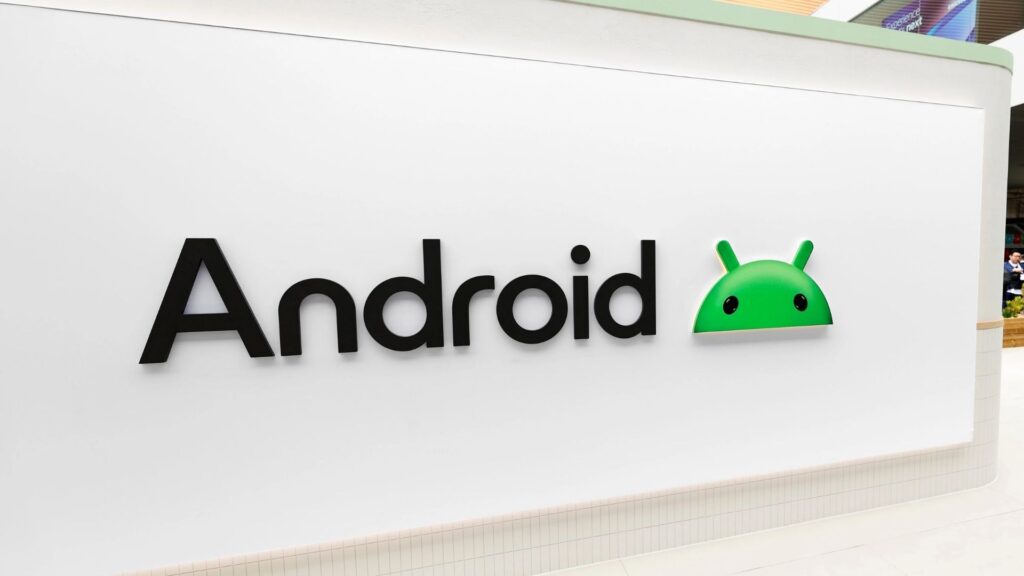
Google is now planning its most significant move yet in tightening security. Starting in 2026, only apps from verified developers will be installable on most Android devices. By 2027, the requirement will expand globally. This decision has major implications for both developers and users, and it comes at a time when Google is under scrutiny for its control of app distribution.
1. Why Google is Making This Move
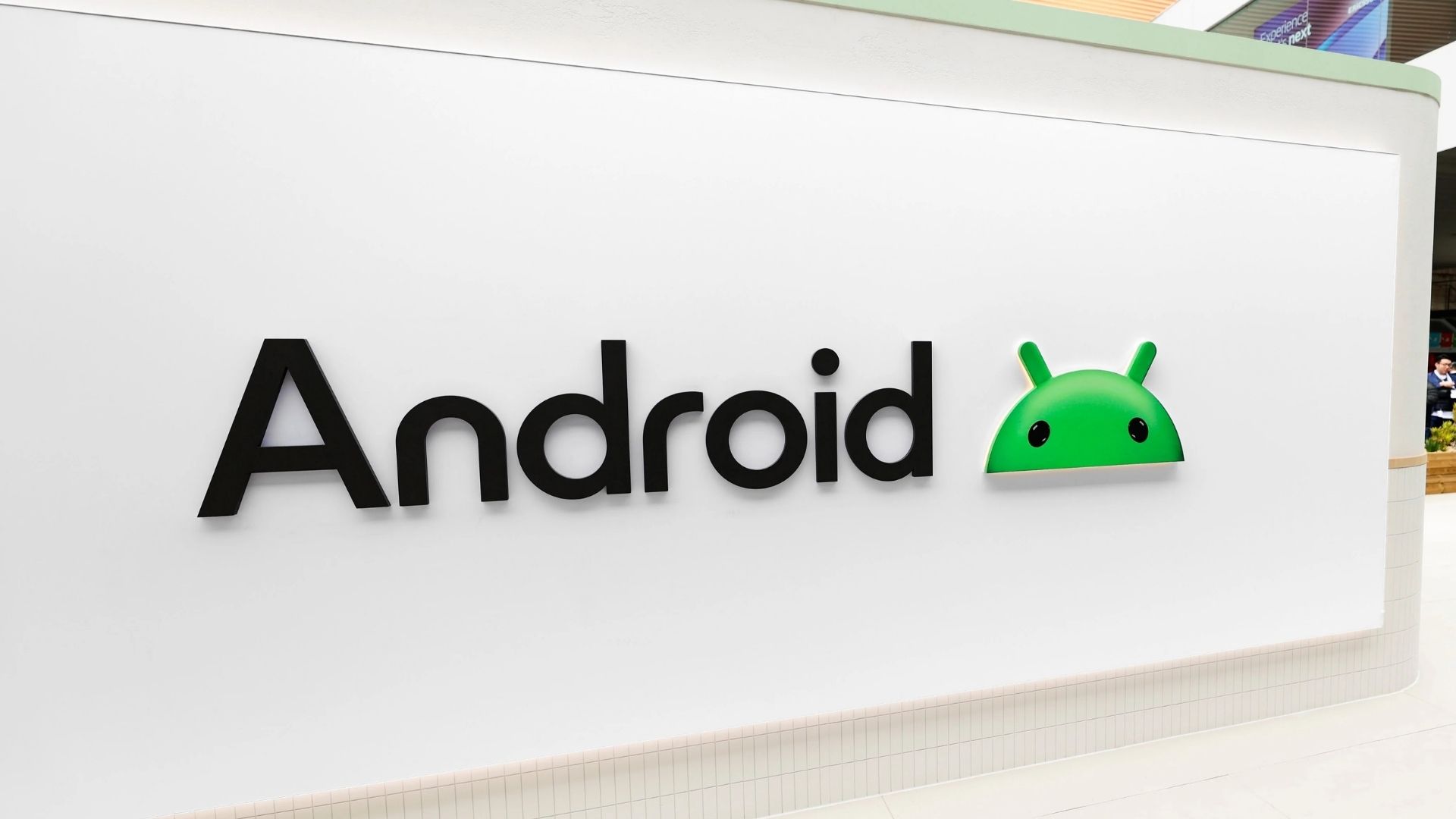
The Play Store’s early years were marked by minimal oversight, and it was not uncommon to see apps with security loopholes, exploits, or malware. Over time, Google introduced automated checks, malware scanners, and stricter policies. While this made the Play Store safer, sideloading has remained a key weak point.
Google reports that apps installed outside its store are 50 times more likely to contain malware. To counter this, the company believes extending developer identity verification to sideloaded apps will cut down fraud and malicious activity. In 2023, Google made identity verification mandatory for Play Store developers and says it saw a sharp decline in malware submissions. Extending this model system-wide is its next logical step.
2. Summary Table
Category |
Details |
|---|---|
Policy Change |
Only apps from verified developers will be installable on certified Android devices. |
Main Reason |
Reduce malware risk sideloaded apps are 50x more likely to contain malicious code. |
Developer Requirements |
Identity verification, package name registration, signing key registration. |
Affected Devices |
All certified Android devices with Google services. Non-certified devices are exempt. |
Rollout Dates |
Testing: Oct 2025 Developer access: Mar 2026 Regional launch: Sept 2026 Global: 2027 |
App Content Review |
Google will not inspect app functionality or features only developer identity. |
Legal Context |
Epic Games ruling forces Google to allow third-party app stores, but verified status still required. |
Open Questions |
How installation of non-verified apps will fail; exact enforcement method. |
Official Resource |
3. How Developer Verification Will Work
Google compares the new process to an “ID check at the airport.” Developers who wish to distribute apps, whether through the Play Store or independent channels, must complete identity verification through a new Android Developer Console.
Key requirements include:
-
Submitting government-issued identification or equivalent verification.
-
Registering package names and app signing keys.
-
Maintaining verified status for all distributed apps.
Google emphasizes that it will not be reviewing app functionality or content only verifying developer identities to prevent anonymous malicious actors from exploiting the ecosystem.
4. Devices Affected by the Change
This policy will apply to all certified Android devices, which make up the overwhelming majority of Android phones and tablets worldwide. Certification refers to devices that include Google Play Services and meet Google’s compliance standards.
The only exception will be devices running non-Google Android builds, such as some custom ROMs or devices without Play Services (a tiny portion of the market outside China). These will not be bound by the new restrictions.
5. Rollout Timeline
Google’s rollout plan is staged:
-
October 2025 – Early testing begins with selected developers.
-
March 2026 – All developers gain access to the verification console.
-
September 2026 – Official launch of the policy in Brazil, Indonesia, Singapore, and Thailand.
-
2027 – Global expansion of verification requirements.
By 2027, nearly all Android users worldwide will be restricted to installing apps from verified developers only.
6. Antitrust Context and Epic Games Lawsuit
This shift comes as Google faces ongoing antitrust challenges. Epic Games, the maker of Fortnite, sued Google over app store policies. Courts have ruled that Google must permit third-party app stores and allow Play Store apps to appear in other storefronts.
While this ruling is designed to expand user choice, Google’s new verification rules may limit its impact. Even if more third-party stores exist, apps distributed through them must still come from verified developers to work on most Android devices. This means Google can maintain significant oversight despite being forced to open distribution pathways.
7. Unresolved Questions
While the broad framework is clear, some crucial details remain unanswered:
-
What happens when a user tries to install an app from a non-verified developer?
-
How will devices check developer status via Play Services updates, or another system?
-
Could verification requirements expand beyond identity checks in the future?
Google is expected to provide more clarity as the rollout nears, but uncertainty remains over how seamless or restrictive this will feel for users.
FAQs
1. Will I still be able to sideload apps on Android?
A. Yes, but only from developers who have completed Google’s identity verification process. Unverified apps will be blocked on certified devices.
2. Does this mean Google is becoming like Apple with iOS?
A. The policy moves Android closer to Apple’s controlled model. However, unlike Apple, Google will not review app content only developer identities.
3. How will this affect third-party app stores?
A. Third-party stores can still operate, but apps offered through them must come from verified developers to install on certified Android devices.
4. What about custom ROMs or devices without Play Services?
A. Devices without Google Play Services (such as some Chinese Android variants or custom ROMs) are unaffected by this requirement.
5. When should developers start verifying?
A. Early testing begins in October 2025, with global requirements set for 2027. Developers should plan ahead to avoid disruption.
6. Why are sideloaded apps riskier?
A. According to Google, they are 50 times more likely to contain malware than apps from the Play Store.
7. Where can developers get official updates?
A. All details and updates will be available on the Android Developers site.
For More Information Click HERE
